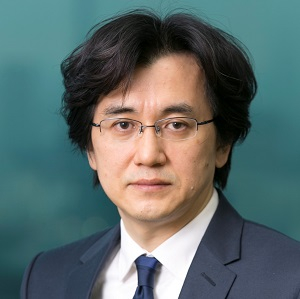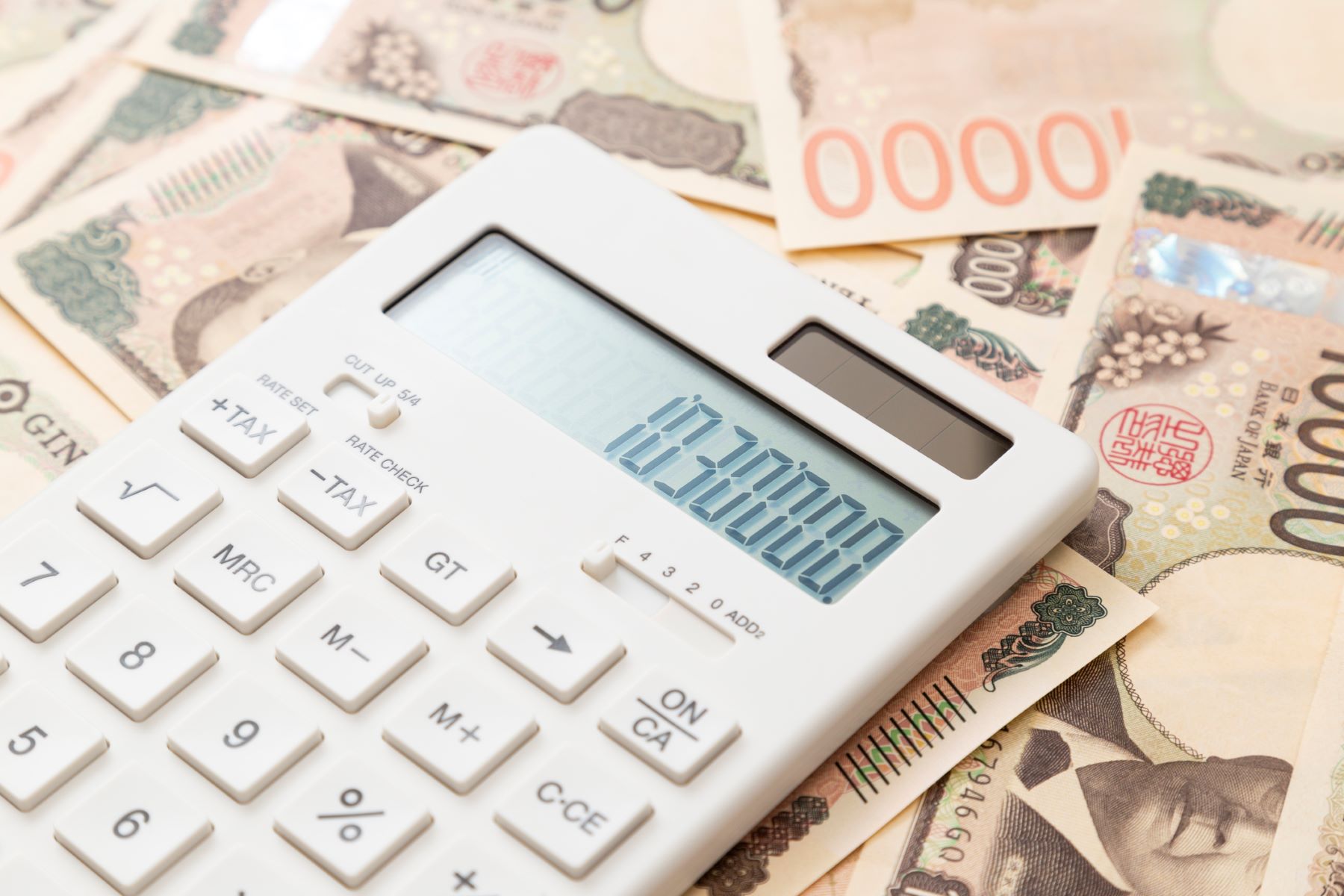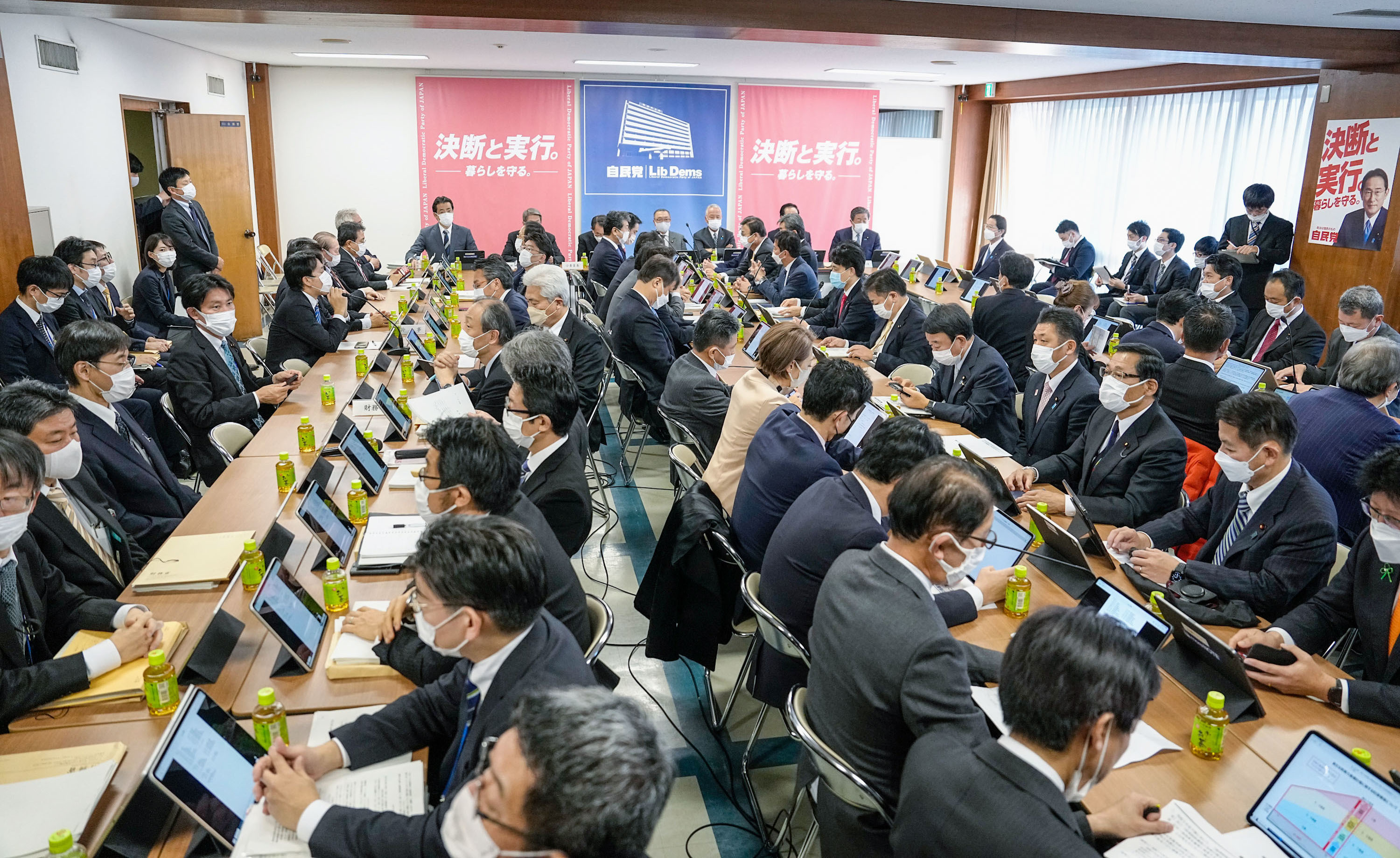- Article
- Other
The Tokyo Foundation for Policy Research: Toward a New Era in Independent, Evidence-Based Policymaking
March 26, 2018

By formulat ing pioneering solutions to twenty-first century challenges, the Tokyo Foundation for Policy Research aims to become an influential voice in the global policymaking community.
* * *
In 2017 the Tokyo Foundation celebrated its twentieth anniversary. Over a period of two decades, the foundation made a significant contribution to social scientific and policy research through its many policy proposals, earning recognition at home and abroad as one of Japan’s leading public policy think tanks.
The twentieth anniversary of the foundation’s establishment was a time to look back with pride on this achievement. But it was also an opportunity to recall our commitment to the foundation’s ambitious aim of earning a place among the most respected policy think tanks in the world. To make this dream a reality, we decided to undertake a complete organizational overhaul. Our new name, as of April 1, 2018, will the Tokyo Foundation for Policy Research.
Background
The Tokyo Foundation was founded two decades ago with the aim of augmenting the role of independent research and analysis in Japan’s policymaking process.
What has prevented Japanese think tanks from playing a role comparable to policy institutes in other mature democracies, such as the United States? On the demand side, the main factor hindering the development of independent policy institutes in Japan was a huge administrative policymaking apparatus that functioned in close partnership with the long-ruling Liberal Democratic Party. Staffed by graduates of the nation’s top universities, the ever-growing government bureaucracy gave LDP leaders access to policy expertise in every field, serving as one vast think tank that provided its services free of charge. This government monopoly strangled demand for independent policy research.
On the supply side, the development of policy think tanks has been hindered by a dearth of funding. In the absence of a cultural tradition of philanthropy or strong tax incentives for charitable giving, Japan’s think tanks had little choice but to rely on funding from the government or big corporations. After the collapse of the 1980s asset bubble, the limited resources available dwindled further. As a result, Japan finds itself with precious few research institutes equipped to perform the basic role of a public policy think tank: offering meaningful policy alternatives from a truly independent vantage point.
On the demand side, things are changing. The nation has lost faith in the policymaking prowess of the bureaucracy. At the same time, Japan finds itself at the forefront of such emerging problems as demographic aging, rural depopulation, and narrowing energy options, not to mention China’s challenge to the regional and international order. This means that we have to lead the way in terms of coming up with solutions. This will require lively, informed debate in the media and on the floor of our national legislature on the policies needed to build a vibrant future. With the opposition parties hopelessly fragmented, and the Prime Minister’s Office exerting unprecedented top-down control over the policymaking process, though, Japan has greater need than ever of the kind of independent think tanks that can formulate, propose, and promote viable policy alternatives.
Unfortunately, not much has changed on the supply side. Indeed, as Japan’s economic stagnation continues, funding is tighter than ever before. Dependent on government projects and grants or support from big business, most Japanese think tanks are ill-equipped to generate practical policy alternatives from a truly independent perspective.
The Tokyo Foundation for Policy Research was created to address this situation with a policy-development apparatus on a par with the world’s top think tanks. With a greatly expanded research organization supported by generous funding from the Nippon Foundation, we will develop meaningful policy alternatives on the basis of high-level research while maintaining our political and financial independence.
Being at the leading edge of twenty-first century challenges is a trial for Japan, but it is also an opportunity to get a head start on identifying solutions. The Tokyo Foundation for Policy Research aims to become an influential voice in the global policymaking community by formulating pioneering solutions to these emerging issues.
Five Strengths
To achieve these goals, the Tokyo Foundation for Policy Research will rely on five key strengths.
The first will be a diverse and talented team of experts assembled from around the world. Policy think tanks occupy a position somewhere between that of policymaking institutions and academic research departments. With this in mind, we are building a team of professionals equipped with practical policymaking skills as well as a high level of expertise in the social sciences. To expand the pool of available talent to non-Japanese experts currently working overseas, we will also use English as a mode of internal communication.
The new organization’s second strength will be a stable and independent source of funding. The Tokyo Foundation has always been one of Japan’s best-funded policy think tanks. Because our endowment paid for almost all of our activities, we enjoyed a high degree of freedom and independence compared with other Japanese think tanks. With a significantly expanded budget and organization, the Tokyo Foundation for Policy Research will be in a class with the world’s leading think tanks, both qualitatively and quantitatively.
The third strength of the Tokyo Foundation for Policy Research will be a selective focus on Japan. This does not mean an insular, parochial orientation, since the issues it faces will eventually impact other nations as well. As a think tank dedicated to the twenty-first-century challenges confronting Japan today, we will pursue pioneering research to shape the policymaking process in Japan and other countries of the world.
Our fourth strength is a commitment to top-caliber policy research. In Japan, the bureaucracy’s virtual monopoly of policymaking functions has stunted the development of a free and competitive “policy market.” We need to create a milieu in which independent think tanks vie with one another to formulate evidence-based policies founded on sound theories and empirical data. The Tokyo Foundation for Policy Research will house a Policy Data Lab dedicated to gathering, generating, and analyzing quantitative and qualitative data to support such high-quality research. Over time, the Lab will build up its capacity to conduct field and laboratory experiments, surveys, and big-data analyses.
The fifth strength of the Tokyo Foundation for Policy Research will be its ability to impact public policy. We want the new foundation to function not just as a “think tank” but as a “think-and-do tank” that excels at translating ideas into action. To this end, we will work closely with politicians and bureaucrats, while making optimum use of the media and the latest networking technologies to inform the public. We will also work actively to transmit our ideas overseas via international conferences and collaborative research.
The Tokyo Foundation was ahead of its time as one of Japan’s first independent, not-for-profit think tanks. Over the years, its experts left an indelible mark on public policy in Japan. But the environment in which we work has changed substantially over the last two decades, and one cannot lead by standing still.
Our new, revamped organization will pioneer new policy paths to the future. By spearheading solutions to the challenges that confront Japan today and that await the world tomorrow, the Tokyo Foundation for Policy Research will strive to be the kind of think tank that can influence policy for the better, in Japan and around the world.




